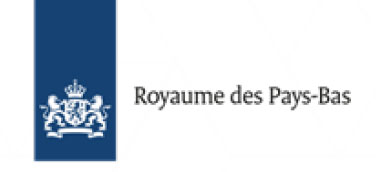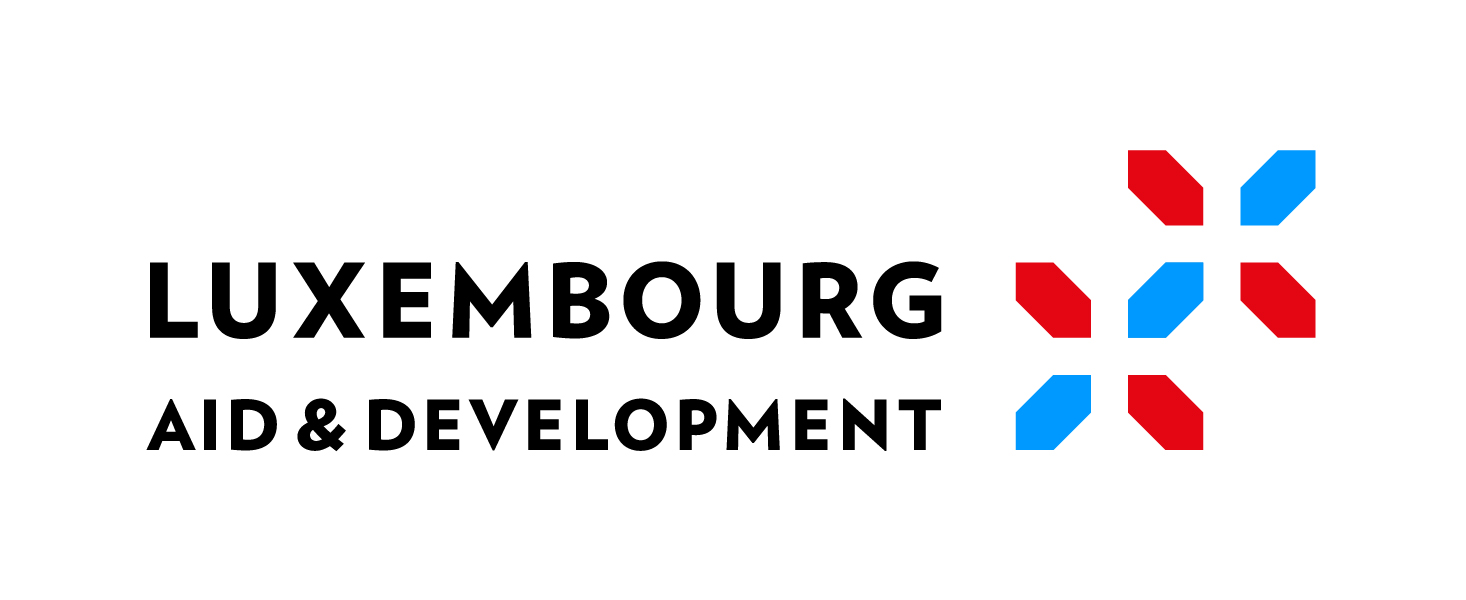Niger: access to drinking water in fragile cross-border areas (PDU)
Joy and hope with the arrival of drinking water for the populations of Bardouga and Sargane in the region of Tillabéri in Niger. The inhabitants of the communities of Bardouga and Sargane in the department of Ouallam now have access to drinking water following the rehabilitation of the supply system by Pillar 1 of the G5 Sahel Regional Emergency Programme for the Development of Local Infrastructure (PDU). The PDU’s intervention in this area has significantly improved the lives of people where access to drinking water was a real challenge.
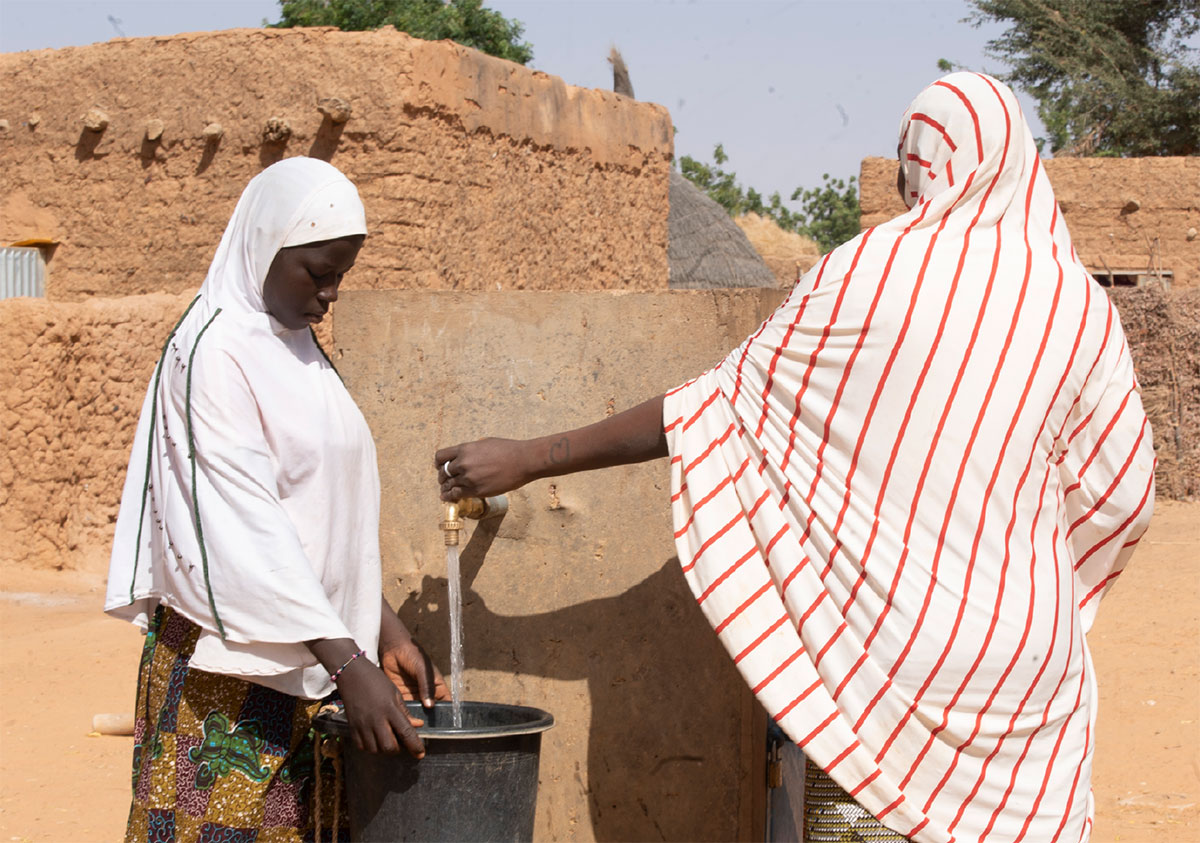
Since the launch of the PDU in January 2020 in Niger, many results have been achieved with the supply of 2,100 new households with drinking water, the construction of 216 public latrines and the rehabilitation of 8 pastoral cemented wells.
The recommissioning of drinking water systems by the PDU has had a positive impact on the education of young children in the department of Ouallam. Indeed, Mrs. Balkissa Miyou, a teacher at the Franco-Arab School in the village of Bardouga, experienced many constraints in the past, such as difficulties in writing on the blackboard owing to the unavailability of water to erase, the absence of pupils who were busy fetching water, the absence of girls who are more likely to have to stay at home when they have their periods.
While education is the key to helping children escape poverty, access to water and sanitation is essential to help children maximise their educational opportunities safely. There is no doubt that the presence of clean water and toilets in schools has provided a healthy learning environment for children.
In addition, there are all the health benefits of having clean water in the village.
In the past, we rarely bathed because the water carrier only supplied us on Wednesdays. Now there is plenty of water and people are washing themselves every day. Cleanliness is guaranteed today», says Balkissa Miyou happily.
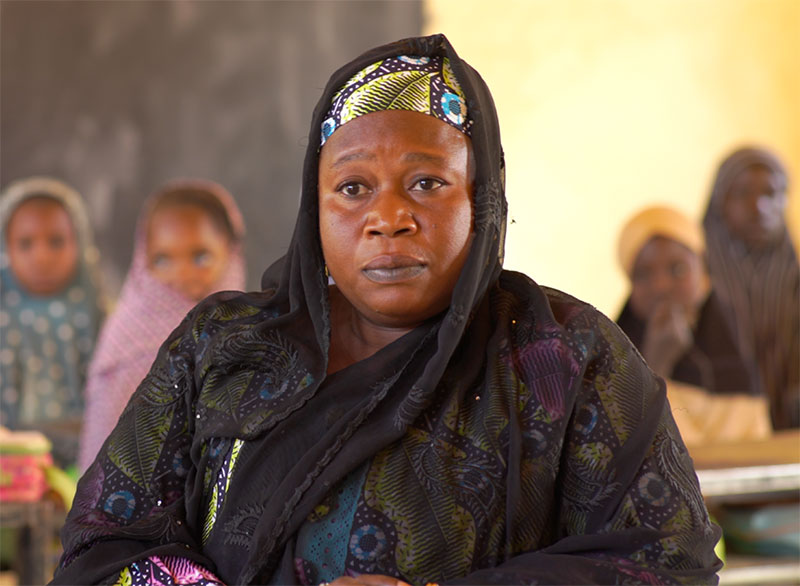
For Allassane Seybou, an assistant nurse at the maternity hospital in the village of Sargane, the water tower built by the PDU has improved working conditions at the health centre.
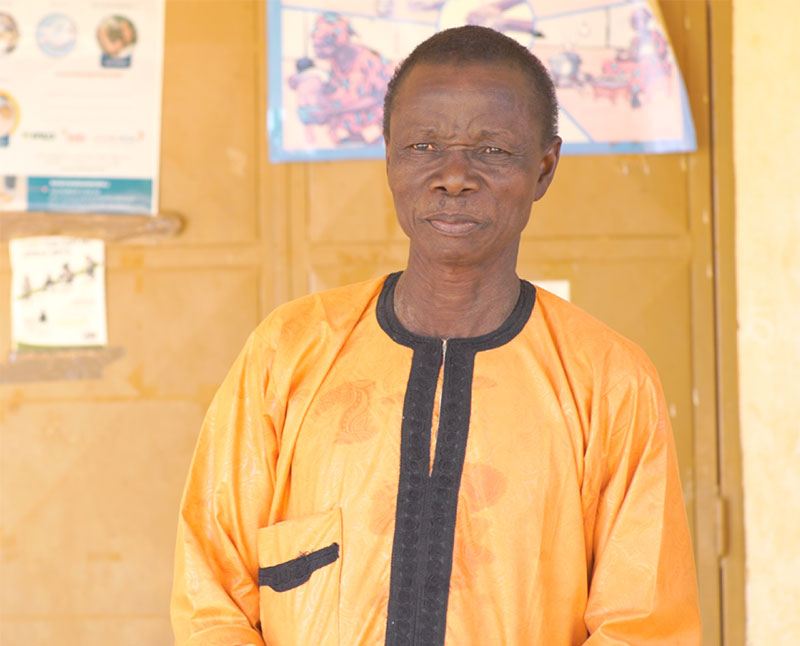
In the past, it was difficult to work here, where in case of childbirth we had to draw water from the well to wash our linen and for any other need. This water tower has really improved our working conditions and, in general, the life of the whole community. Now, most of the diseases caused by drinking unsafe water have decreased», he explains.
And hygiene is the first line of defence against infectious diseases such as COVID-19.
The Chief of the village of Sargane Hamadou Daouda also welcomed the new infrastructure built, pointing out all the benefits it has brought to the village’s population:
In the past, the water we consumed had a high salt content, which made people sick. In the schools, the children were wasting a lot of time fetching water. Now everything has improved.»
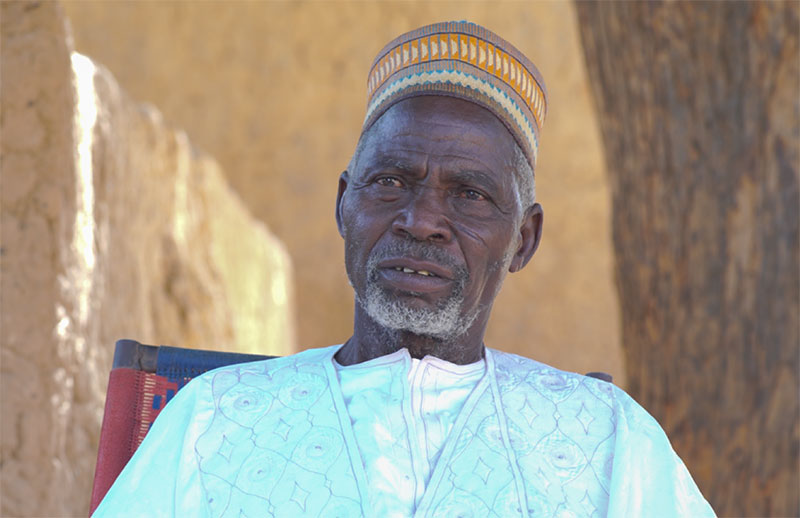
The PDU is part of the Regional Strategy for Security and Development developed by the G5 Sahel countries (Burkina Faso, Mali, Mauritania, Niger and Chad). It aims to address the root causes of vulnerability by addressing the urgent needs of populations, including access to water, sanitation and hygiene. In Niger, the PDU operates in five departments in the Tahoua and Tillabéri regions, a cross-border area affected by significant security disturbances that cause multiple population displacements and increase their vulnerability.
The water and sanitation component of the PDU, amounting to a total of EUR 10 million, is co-financed by the European Union through the Emergency Trust Fund for Africa (EUR 8 million) and by the Kingdom of the Netherlands (EUR 2 million).
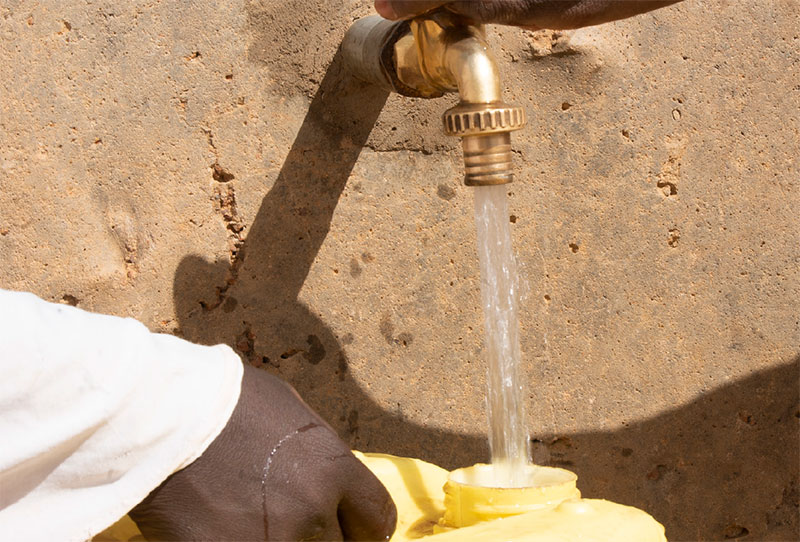
—
Go further
—
This publication was produced with the financial support of the European Union and the Kingdom of the Netherlands. Its content is the sole responsibility of LuxDev and does not necessarily reflect the views of the European Union.

